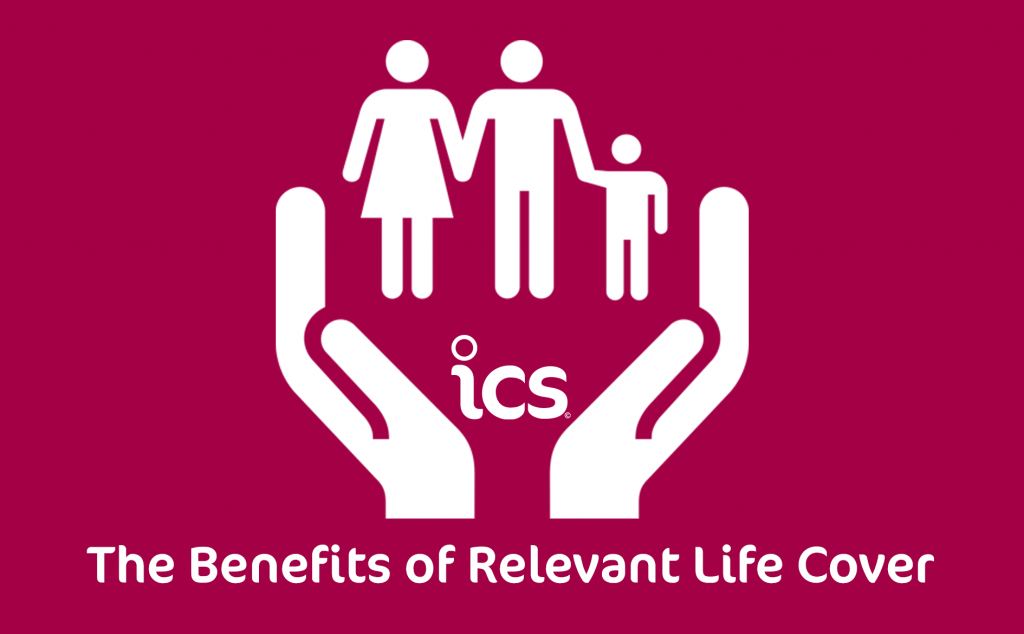Blog by Ruth Power, Director of FMB. Financial Management Bureau Ltd is authorised and regulated by the
Financial Conduct Authority and the registered address is Shenstone House, Helsington, Kendal, Cumbria LA8 8AA.
To find out more about our work with FMB visit the ICS Money page.
When you are self-employed you are on your own without a safety net. Quite literally, you have none of the benefits big companies provide for their employees like death in-service schemes.
How can you put something in place to protect your family if something happens to you and they lose the breadwinner?
A Relevant Life Plan is a term assurance plan available to limited companies to provide an individual death in service benefit for themselves or an employee. It is designed to pay a lump sum if the insured dies whilst employed during the length of the policy. It will also pay out if the employee is diagnosed with a terminal illness. A Relevant Life Plan is paid for by the employer and can be offset against corporation tax, but it is not classed as a benefit in kind, therefore the insured does not have to declare the premium on their P11D as they would have to with private medical insurance for example.
Relevant Life Plans are similar to most other types of life cover except they aim to provide a tax-efficient benefit provided by an employer for an employee, which in many cases is the same person.
A Relevant Life Plan is designed to be written in a discretionary trust (the providers Relevant Life Plan Trust) at outset, with the employee’s family and dependents as beneficiaries. If the plan is not placed in trust at the outset, the client should seek expert legal and tax advice on the consequences of this.
How much could you save using a Relevant Life trust rather than a usual policy?
[table id=1 /] TOTAL SAVING BY USING A RELEVANT LIFE PLAN = £55.08A SAVING OF 31.46%
*These figures are for illustrative purposes only. Tax calculations based on 2016/17 tax bands. The information assumes the rate of income tax / National insurance applies on to the relevant proportion of the premium and the same rate of dividend tax to the relevant proportion of the premium. It may be affected by individual circumstances.
Most people pay their life insurance premiums from their post-tax income but if you have a limited company – Don’t! By paying the premiums from pre-tax through your company there can be huge savings, especially for those in higher rate tax bands.
To discuss how Relevant Life Cover could work for you and your business, contact FMB on 01539 725855 or visit finman.co.uk
Contractors should seek professional advice from a financial adviser before taking key decisions about RLPs and other forms of protection.

















